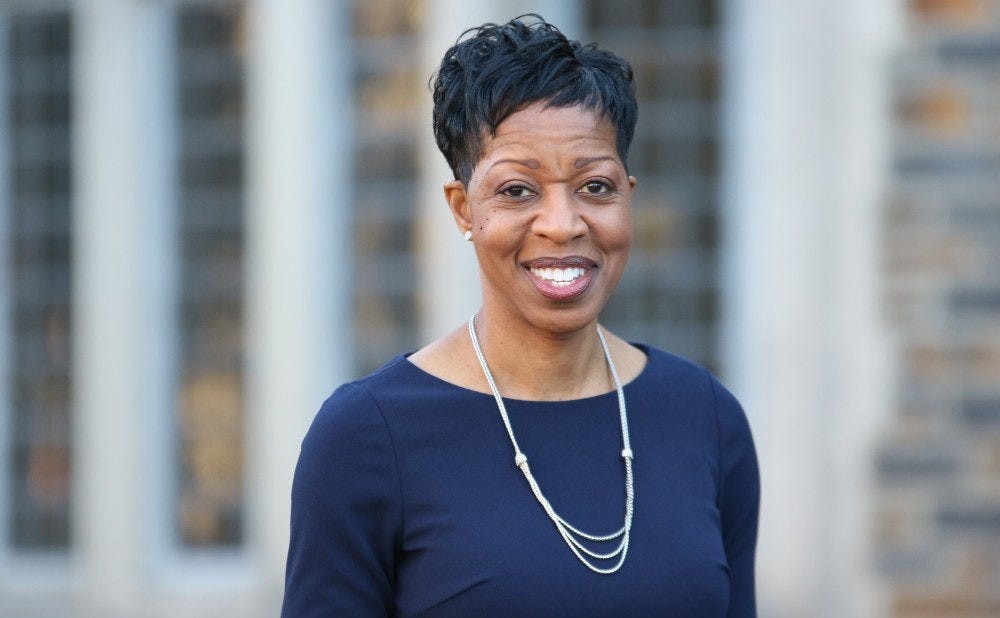

College
Valerie Ashby makes history becoming UMBC’s first female president
A new president will be appointed soon at the University of Maryland, Baltimore County. Valerie Sheares Ashby has been appointed as the next president of UMBC by the University System of Maryland Board of Regents. She is presently the Dean of Trinity College of Arts and Sciences at Duke University.
She will begin her new position at UMBC on August 1. She will be the first female president of the school.
Freeman Hrabowski, who has led UMBC to national and international acclaim since his inauguration as president 30 years ago, will be succeeded by Ashby.
“To follow President Freeman Hrabowski is a distinct privilege. He has been a role model for so many in higher education over the last 30 years, including myself. His extraordinary leadership and dedication to UMBC ensure that I am arriving at a university that is already performing at a very high level. There is no ceiling on what we can achieve from here.” – Valerie Ashby
Ashby has served as the dean of Trinity College of Arts and Sciences since 2015 and was reappointed for a second five-year term in 2019. She then earned her bachelor’s and Ph.D. degrees in chemistry from the University of North Carolina at Chapel Hill, and she did postdoctoral research in Germany at the Universitat Mainz.
Ashby came to Duke from the University of North Carolina, where she chaired the chemistry department from 2012 to 2015 and had been a faculty member since 2003. She has served on the Arts & Sciences Foundation Board of Directors and the Research Advisory Council at UNC, as well as chairing the Faculty Diversity Task Force in the College of Arts & Sciences.
She also oversaw the UNC National Science Foundation Alliance for Graduate Education and the Professoriate, which aimed to increase the number of underrepresented students completing doctorates and progressing to the professoriate in science, technology, engineering, and math, as well as social, behavioral, and economics fields.

